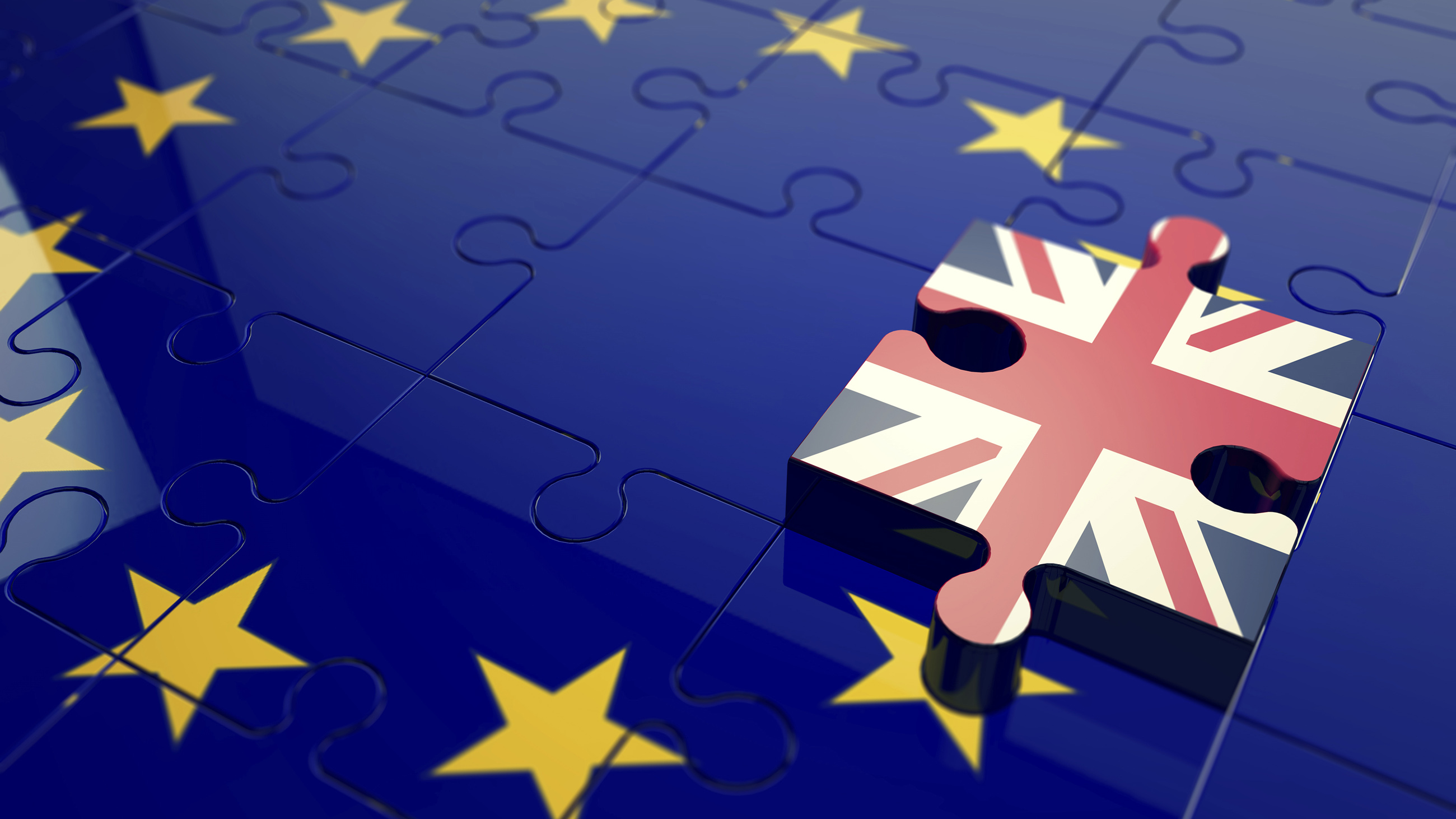Abstracts: Brexit, Enhanced Interrogation, Contagious Cancer, and More
• An evolutionary anthropologist suggests the Brexit vote fits into a model of civilizations that are about to collapse. (Wired)
• Climate scientists are rushing to self-publish papers ahead of formal peer review as a form of climate activism, but some experts worry the tactic could backfire. (Undark)

Psychologists who helped the CIA develop the “enhanced interrogation techniques” used in places like Guantanamo Bay, Cuba, have admitted that the techniques are harsh, but deny that they are torture. (Visual by Shane T. McCoy, U.S. Navy/Wikimedia Commons)
• Two former Air Force psychologists who helped design the CIA’s enhanced interrogation techniques have admitted to using harsh methods like waterboarding and confining suspects in small spaces, but say that what they did isn’t torture. (Associated Press)
• A type of contagious cancer has been found in shellfish. Such cancers were thought to be rare flukes, but researchers are now questioning how common they are and whether one could ever emerge in humans. (New York Times)
• Coral reefs are bleaching fast, and researchers at NOAA have said that their future looks bleak. But other marine scientists are more hopeful that more research will open up more possibilities to save these fragile ecosystems. (Christian Science Monitor)
• A new study finds that climate scientists are more believable if they are perceived by the public to be living a low-carbon lifestyle — even to people who don’t consider global warming an important issue. (InsideClimate News | Undark)
• Researchers have engineered Google Glass to see and display people’s emotions, in the hope that it will help autistic children learn and understand social cues. (Associated Press)
• Utah’s Division of Wildlife Resources hopes to capture mountain goats, which were imported to the state almost 50 years ago, to better understand why the species is in decline. But some environmental groups are opposed to the idea, saying the techniques would be loud and disruptive and arguing that the state’s money shouldn’t be going to trying to protect an invasive species. (Salt Lake Tribune)
• In 1963, biologist Bob Paine coined the term “keystone species,” meaning a species that is disproportionately influential on its environment. Now Paine says that humans are more than a keystone species, we are what he calls “the hyperkeystone species.” (The Atlantic)
• Some micro-organisms can actually feed off electricity, and they might be much more common than scientists thought. (Quanta)
• Can brain training games really boost your IQ? No, but, some other things can. (Vox)
• And finally, one researcher is on a quest to create artificial life and begin the synthetic biology revolution. (Aeon)










